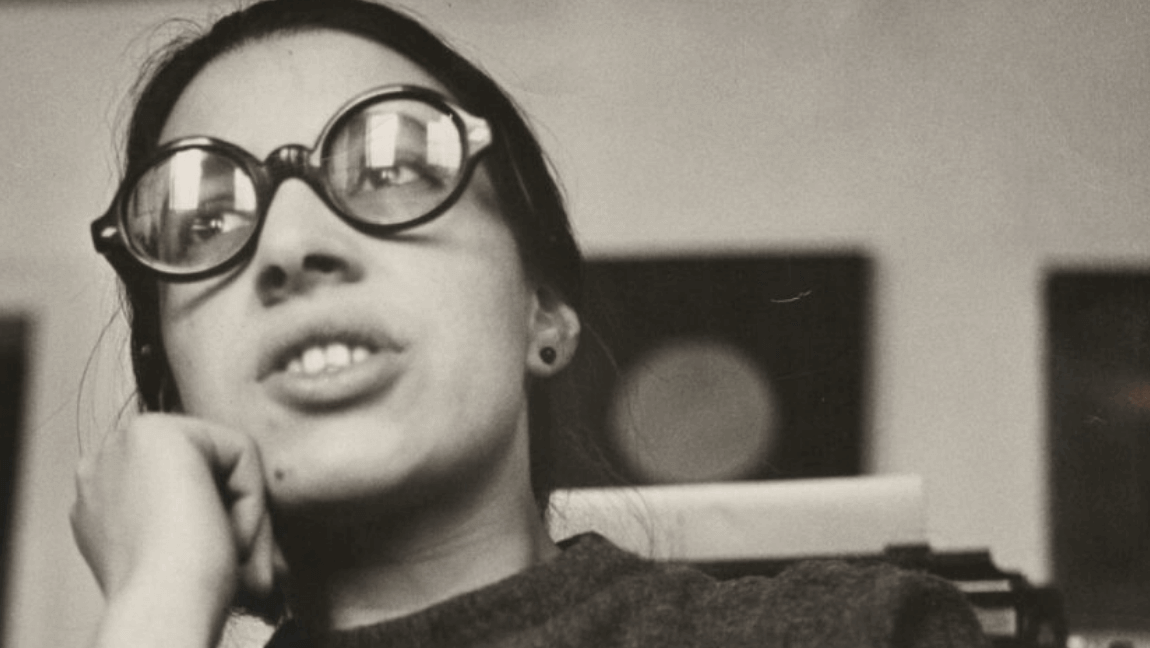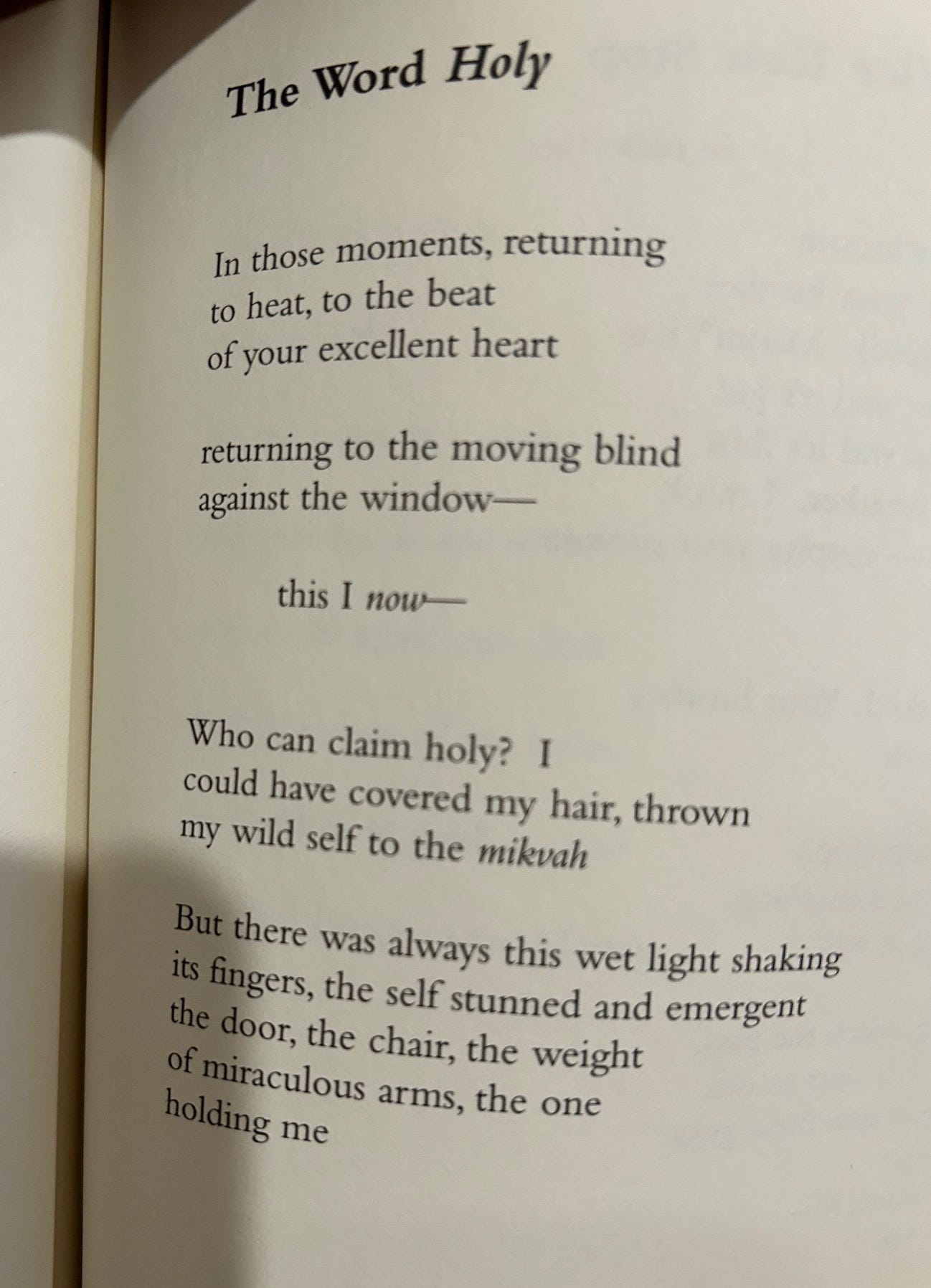On My Own Line, In My Own Good Time
On Hettie Jones
At the end of last year, I wrote a short essay about the poet and consummate New Yorker Hettie Jones for the New York Times Magazine’s “The Lives They Lived” issue, which honors a handful of noteworthy people who’ve died in the previous 12 months. Jones’s work was fairly new to me— I was familiar with her as the former wife of Amiri Baraka and a woman of the Beats, but researching this piece was the first time that I seriously read her.
WHAT a writer. Her memoir, How I Became Hettie Jones, was one of my favorite reading experiences of 2024. I was sorry that most of the writing I did about her writing was cut from the final piece because of space constraints — I’d much rather have included more quotations from / critical thinking on her work than get all the plot points of her autobiography in (and of course, in 900 words, we didn’t even get close to doing that either), but I recognize that those are the demands of the The Lives They Lived format. Anyway, here’s some of that excised material:
For decades she avoided writing a memoir of her twenties, figuring that audiences just wanted details about what went on “between the sheets” among the Beats. She was persuaded when she realized that younger generations knew nothing of the women that had comprised and enabled the movement—and even, in her case, operated its printing presses. The result, How I Became Hettie Jones, is a brilliant piece of social history, and a reflective, tender, occasionally biting account of her marriage. Her sentences zing: Of Billie Holiday she writes, “I wanted a tone like that, like a sure bell, and to sing like her ahead of the beat, on my own line, in my own good time.”
The rhythm of her syntax here is just so good — the way she uses her commas to create parallel rhythms within the sentence: like a sure bell, on my own line. The ear expects the final clause to be in my own time, which would make for 3 four-beat phrases with the same emphasis patterns, but she’s one click more playful than that. Even the logic of the sentence calls for the phrase “in my own time.” A musician sings “in time,” that’s how you would say it: “Billie Holiday sang in her own time [signature].” But she writes,
I wanted a tone like that, like a sure bell, and to sing like her ahead of the beat, on my own line, in my own good time.
In my own good time. That “good” varies the rhythmic pattern (fun! the reading ear loves a surprise) and interrupts (or really doubles) of the meaning of the phrase. Now the singing happens not just “in time” as music does, but “in good time” as all predestined things do. Her book is full of sentences constructed with this level of texture and care.
I had asked one of Hettie’s daughters, Kellie Jones, what gave their mother the nerve to leave her conservative Jewish upbringing to write, take lovers, move to the Village, join the Beats, enter an interracial marriage in the 60s, start printing presses, write 24 books, and on and on. Kellie pointed me to her mom’s poem, “The Word Holy” and when I told her I didn’t yet have the collection that contained it, her sister Lisa emailed me this photograph:
That whole last stanza really blows me away. You should read it out loud to yourself or whoever’s in the room with you. Who can claim holy?
I’ve been thinking about something Lisa Jones —Hettie’s younger daughter— wrote to me about how her mother loved “life’s little pleasures and offerings.
She also loved walking, sitting at her kitchen table, writing poetry while smoking a spliff, clean sheets, hugs, making silly faces, high-brow language (big fancy words) and low-brow language (the newest latest slang)... She loved wishbones, shopping at the Salvation Army for variations on the perfect white shirt, and old kitchen tools.
This reminds me of Barthes’ likes and dislikes. These are apparently minor things: a person’s unexceptional day-to-day loves, the rhythms they choose for their days and their sentences. But these things indicate style— not exactly in an aesthetic sense, but in a spiritual sense. These are the vectors by which we know each other.
I liked Hettie Jones’s style, is what I’m trying to say. I wanted a tone like that, like a sure bell, and to sing like her ahead of the beat, on my own line, in my own good time.
Here’s the piece in the NYTMag.
other things top of mind as of jan 6, 2024
I just finished reading the ARC of
’s next book and it’s full of beguines (and a little bit of Shaker prophet Mother Ann Lee) and I am smitten. Preorder that.A dear friend and I have a shared note (like, in the Notes app) where we track our daily writing/work and cheer each other on via silly annotations and I cannot recommend this enough as a quality-of-life improvement.


